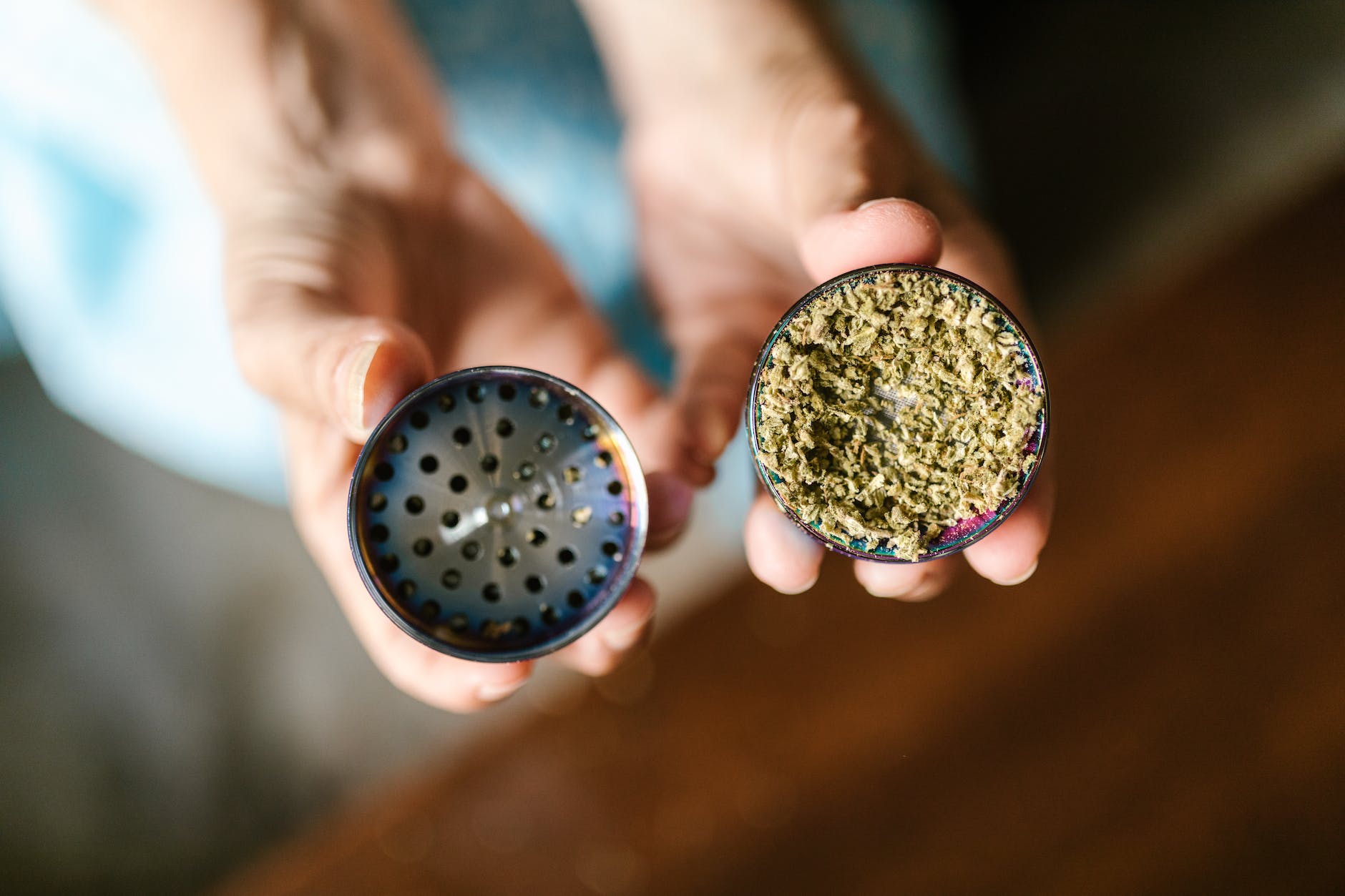The Complex Landscape of CBD Legality: An Overview

When it comes to the legal status of cannabidiol, or CBD, the regulatory landscape is complex and often confusing, largely due to distinctions between hemp-derived CBD and marijuana-derived CBD, as well as variations in CBD legality by state. Specifically, the CBD industry currently navigates a mix of federal and state regulations, research restrictions, and stipulations regarding its use in athletics, in the workplace, and for pets, among other things.
CBD is derived from the cannabis plant, but its legal status hinges on its source. It can be extracted from marijuana – a Schedule I substance under the Controlled Substances Act (CSA) – or from hemp – which was delisted from the CSA by the 2018 Farm Bill. With the passage of the 2018 Farm Bill, hemp-derived CBD products that contain less than 0.3% THC are legal under federal law. However, marijuana-derived CBD products remain illegal on the federal level, even if they are legal under state law.
These conflicting regulations create a patchwork situation of CBD legality by state. According to the latest legal status, a number of states have already legalized marijuana-derived CBD for medical and/or recreational use, while only a few strictly adhere to the federal regulation. In the issue of importing and exporting CBD, federal law again takes the lead. Despite hemp-derived CBD being federally legal, the import and export of these products remains heavily restricted under current federal CBD regulations.
Perhaps, nowhere are the complications with CBD regulation better exemplified than within the realm of FDA-approved CBD medications. In 2018, the FDA approved the first medication, Epidiolex, containing purified CBD for the treatment of seizures. However, the FDA maintains a strict regulation on CBD, warning companies against making unfounded health claims. As such, CBD is not approved as a dietary supplement or for any off-label uses.
Beyond the realm of medicine, the question of CBD legality extends to the sporting world and workplaces. Regarding CBD in sports and athletics, the World Anti-Doping Agency (WADA) removed CBD from its list of prohibited substances in 2018. However, athletes need to take caution as other cannabinoids, including THC, remain banned.
Workplaces present another complex environment for CBD use. Since CBD products can still contain trace amounts of THC, regular use can potentially lead to a positive drug test. Until the implementation of more accurate drug tests and clearer regulations, CBD in the workplace poses potential risks for employees.
In keeping with the trend of complexity, the application of CBD does only extend to humans but also animals. CBD for pets is fast gaining popularity for its potential health benefits. However, despite anecdotal claims, scientific research and regulatory guidance is lacking, creating confusion about its legal and medical standing.
Considering all these ambiguities, it is arguably the restrictions on CBD research that significantly contribute to this cloudy situation. Despite growing interest, CBD research restrictions exist due to its association with marijuana and its classification by the DEA. As such, large scale, reliable scientific studies are lacking, which, in turn, affects policy decisions.
Given the fast-growing popularity of CBD, understanding its regulatory landscape is vital for consumers, healthcare providers, employers, and policymakers. As we look toward the future, it is hopeful that a harmonization between state and federal laws, a clear stance from regulatory bodies, and a streamlined research process will illumine the path to a less confusing regulatory landscape.
Of course, with such a complex and ever-evolving situation, staying informed about the most current regulations is essential. Therefore, it’s advised to refer to reliable resources to get the most up-to-date information about CBD legality.
In conclusion, the legality of CBD is a multifaceted issue, with varying legal implications depending on its derivation, use, and regional laws. It stands as a prime example of the challenges that can arise when legislation fails to keep pace with scientific discovery and public interest. Ensuring a safe and well-regulated market for CBD will be a continually evolving process that will require the close scrutiny of state and federal regulations.
When it comes to the legal status of cannabidiol, or CBD, the regulatory landscape is complex and often confusing, largely due to distinctions between hemp-derived CBD and marijuana-derived CBD, as well as variations in CBD legality by state. Specifically, the CBD industry currently navigates a mix of federal and state regulations, research restrictions, and stipulations…
Recent Posts
- Examining the Legalization of CBD across Various States
- “Top 10 Popular CBD Products Dominating the Market”
- A Comprehensive Guide to Properly Dosing CBD for Beginners
- A Comprehensive Guide: Understanding The Different Forms of CBD Products
- Unveiling CBD’s Potential: Improving Sleep Quality with Cannabidiol
Recent Comments
Categories
- Alternative and Natural Health Remedies
- Alternative Health and Wellness
- Alternative Medicine and Pain Management
- Beauty and Skincare
- Beauty and Wellness
- CBD and Health
- CBD and Law
- CBD and Mental Health
- CBD Consumption
- CBD Education & Research
- CBD Laws Worldwide
- CBD Legalities and Regulations
- CBD Legality
- CBD Products
- Cooking and Wellness
- Fitness and Wellness
- Health and Beauty
- Health and Fitness
- Health and Fitness, CBD Use
- Health and Law
- Health and Science
- Health and Skincare
- Health and Sports
- Health and Wellness
- Health and Wellness, Skincare
- Healthcare and Wellness
- International Law
- Law and Cannabis Industry
- Law, Health, and Regulations
- Legal
- Legal Regulations on CBD
- Legal Resources
- Legal/CBD Industry
- Legal/Fitness & Health
- Mental Health and Wellness
- Mental Health, Natural Remedies
- Natural Remedies
- Natural Remedies and Alternative Medicine
- Pet Care and CBD
- Pet Health and Wellness
- Pet Wellness/Animal Health
- Science and Health
- Science, Health and Wellness
- Skin Care and Wellness
- Skin Health & Wellness
- Skincare – Natural Remedies
- Skincare and Beauty
- Skincare and Wellness
- skincare, beauty, CBD, wellness
- Sleep Health and Wellness
- Uncategorized